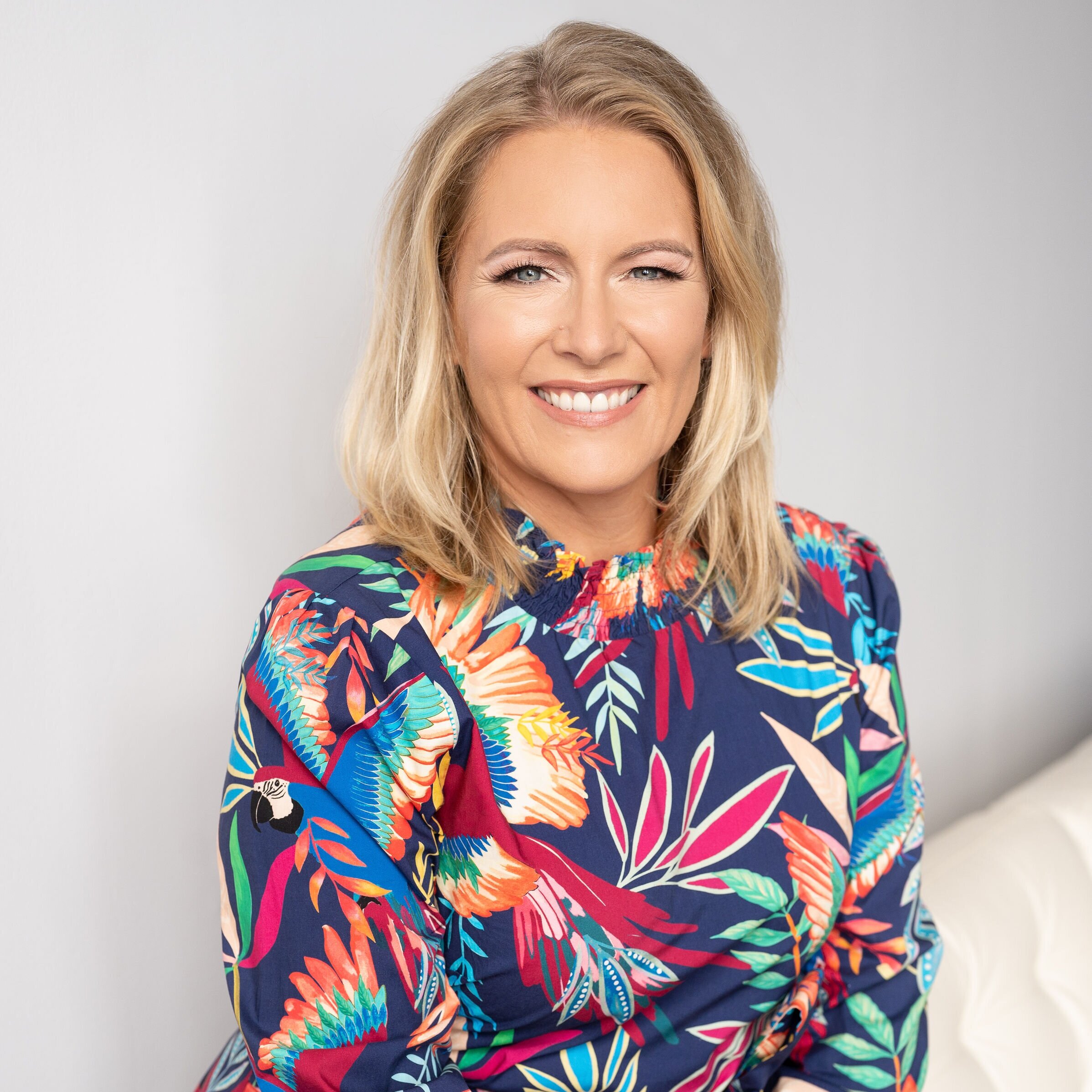
Set Up to Fail
Why Women Lean Out and What We Can Do About It
How can we change the American workplace to better support the needs of our increasingly diverse and dynamic workforce?
The Book
Set Up to Fail: Why Women Lean Out and What We Can Do About It
Millions of professional women are wondering what they are doing wrong.
They have dutifully followed the advice they have been given—they leaned in, married supportive partners, asserted themselves in meetings, and abandoned their perfectionist tendencies—yet their efforts have not paid off.
Women remain grossly underrepresented in leadership positions in the public, private, and non-profit sectors: women “are only 14.6% of executive officers, 8.1% of top earners, and 4.6 % of Fortune 500 CEOs.” (Catalyst 2020). They knew the path would be tough, but they weren’t quite prepared for this.
The message these women have been receiving is that they are the problem—that they lack the self-confidence to lead like men or they reduce their hours when they have children. But there is different story to be told about why women’s advancement is such a stubborn problem, and it is a story that ambitious women and their allies desperately need to hear.
In Set Up to Fail, I contend that closing the leadership gap between men and women requires more than workplace flexibility; it requires a fundamental shift in the way we think about work. For too long, women have tried to figure out how to fit into a system that was not designed for them. Instead of encouraging women to adapt to the unrealistic (and often counterproductive) demands of the workplace, I turn the tables and instead pose the question: How can we change the American workplace to better support the needs of our increasingly diverse and dynamic workforce?
(The book hasn’t been published yet, but I will post occasional excerpts on the blog and let you know as soon as it is available!)
What people are saying
Meet the author
I am an anthropologist, author, professor, and entrepreneur on a mission to build a better, more supportive workplace. As a mom of 3, I have experienced first-hand the difficulty (and frustration) of juggling leadership aspirations with caregiving--and feeling like a failure at both. I'm here to tell you that if you feel the same way, it's not your fault. The American workplace is based on an outdated single breadwinner model that rewards facetime over productivity, and it is time for that to change.


